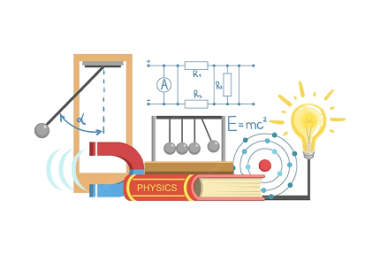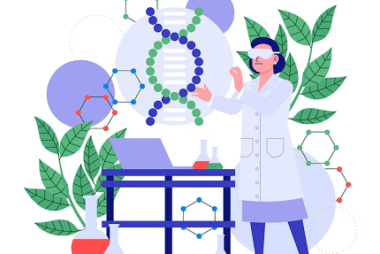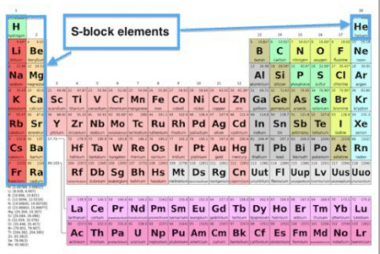JEE (Main+Advance) e-Intermediate Course Thermal Physics
Thermal physics is an important topic in the JEE (Main+Advanced) examination, and a good understanding of this subject is essential for success in the exam. The e-intermediate course for thermal physics covers all the important concepts and topics related to the subject. The course starts with an introduction to thermodynamics and the laws of thermodynamics,…









